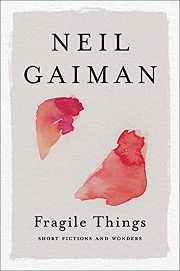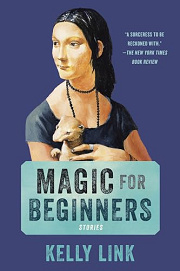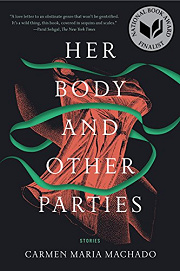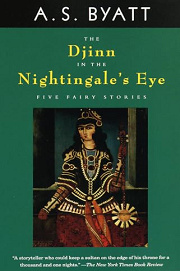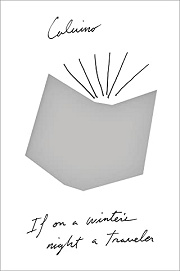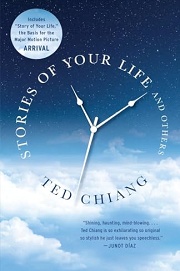Share your thoughts in a quick Shelf Talk!
Fragile Things by Neil Gaiman
Myths slip their masks and everyday streets grow strange in this spellbinding mix of short fiction and poetry. With wit, menace, and heart, Fragile Things showcases Neil Gaiman at his most alluring—offering tiny worlds to get lost in and shadows that linger after you close the book.
Have you read this book? Share what you liked (or didn’t), and we’ll use your answers to recommend your next favorite read!
Love Fragile Things but not sure what to read next?
These picks are popular with readers who enjoyed this book. Complete a quick Shelf Talk to get recommendations made just for you! Warning: possible spoilers for Fragile Things below.
In Fragile Things, did you enjoy ...
... unsettling, self-contained tales where everyday life sidles up to the uncanny?
Magic for Beginners by Kelly Link
If the alienated flirtation of “How to Talk to Girls at Parties,” the campfire unease of “Closing Time,” or the autumnal ghostliness of “October in the Chair” stuck with you, you’ll love how Magic for Beginners walks the same knife-edge between the ordinary and the otherworldly. Link’s stories—like “The Faery Handbag” and “Stone Animals”—deliver that same after-midnight feeling: funny, tender, and quietly terrifying, with endings that haunt you the way Gaiman’s vignettes do.
... dreamlike, disorienting strangeness that turns the familiar inside out?
Her Body and Other Parties by Carmen Maria Machado
If the body-swap dread of “Bitter Grounds,” the looping punishment of “Other People,” or the creeping unreality in “Closing Time” hooked you, Machado’s Her Body and Other Parties channels that same weird electricity. Stories like “The Husband Stitch” and “Especially Heinous” warp urban legends and TV procedurals into something intimate and uncanny—otherworldly in the way Gaiman lets the bizarre seep into bedrooms, kitchens, and late-night streets.
... myth and fairy-tale logic reimagined with modern sensibilities?
The Djinn in the Nightingale’s Eye by A. S. Byatt
If you were drawn to the folkloric shimmer of “Instructions,” the child-at-the-bonfire storytelling of “October in the Chair,” or the fairy-tale shadows under “Sunbird,” Byatt’s novellas and tales rework djinn, demons, and wonders with intellectual bite. The title novella’s bargain with a djinn carries the same sense that old stories still breathe in contemporary rooms—much like Gaiman’s knack for letting myth step across the threshold.
... playful, self-aware storytelling that comments on stories as you read them?
If on a winter's night a traveler by Italo Calvino
If the sly pastiche of “A Study in Emerald” delighted you, or the way “The Problem of Susan” interrogates another author’s mythos made you grin, Calvino’s novel turns the act of reading into the plot itself. Chapters restart, genres shift beneath your feet, and the book riffs on authorship and audience—the same winking, meta pleasure Gaiman gives when he talks back to Sherlock Holmes and Narnia.
... thought-provoking fables that meditate on choice, time, and consequence?
Stories of Your Life and Others by Ted Chiang
If “Other People” made you ponder justice and identity, or “Bitter Grounds” left you sifting questions about memory and self, Chiang’s collection offers that same reflective jolt. Tales like “Story of Your Life” and “Hell Is the Absence of God” build elegant thought experiments into human stories, delivering the quiet, lingering wonder and moral complexity you admired in Fragile Things.
Unlock your personalized book recommendations! Just take a quick Shelf Talk for Fragile Things by Neil Gaiman. It’s only a few questions and takes less than a minute.
